FAQ & Tips
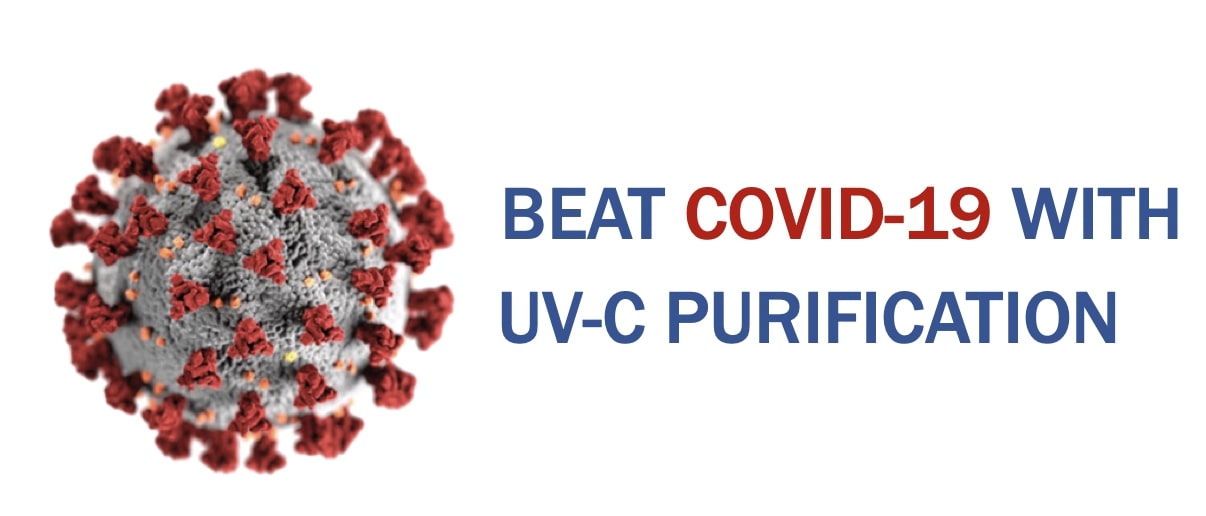
UV-C PURIFICATION KILLS VIRUSES, GERMS, BACTERIA, AND ALLERGENS<br />
Improve the Air Quality in your home and home office.
UV-C kills viruses, germs, bacteria and allergens as they cycle through the Central Air System.
UV lights are already being used as a disinfecting agent across the world; they have been used for many years in hospital settings and office buildings as a method of controlling bacteria.
Air in homes can be as much as 100 times more polluted than outdoor air. As infected air passes through an HVAC system, it carries germs from one room to another.
UV lights damage the cell structure of microorganisms and kill both viruses and bacteria, preventing them from growing and spreading throughout your home.
Because UV lights kills microbes, mold spores and viruses, your family will be less prone to colds and flu.
The lights also keep your air conditioner clean, so the unit will be more effective and efficient.
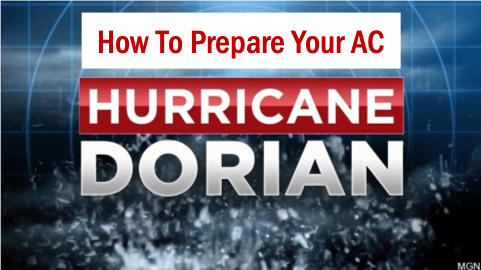
AC Hurricane Protection
Before the Storm
Cool Down Your Home Before The Storm
Turn the thermostat down a few degrees lower than normal and close the blinds and curtains (along with windows and doors) to help keep your home cool longer, even without electricity.
Unplug or Turn Off Electricity To Your AC / Shut Everything Down, Including The Circuit Breaker
Your unit can suffer severe damage from constant power interruptions. Erratic power failures can take a big toll on your compressor as well as other integral parts of your air conditioning system, placing pressure on the components as they shut off suddenly, only to switch back on as soon as the power is restored. Samples of damage include blown fuses, burnt wires, burnt capacitors, and even fried compressors.
If a power outage occurs, shutting your system down will reduce the risk of blowing out circuits and frying your compressor when the power comes back on or from power surges that come from lightning strikes. Power surges are also a fire hazard. If you have a window AC unit, unplug it.´
Protect The Outside Unit Of Your AC
Secure your your outdoor condenser or packaged AC with hurricane straps and cover your outdoor air conditioning unit with a tarp to secure it from flying objects and water damage. Hurricanes and severe storms carry high winds which turn even a seemingly harmless lawn ornament into a damaging projectile. If possible, have the unit moved to a higher platform or elevation in case of flooding
After the Storm
After the hurricane has passed don’t just fire it back up like nothing has happened. When it is safe to go back outside again, make sure your AC unit was not damaged during the storm. Water may have damaged your system or objects and debris could be stuck in the fans, coils or ducts. So give it a thorough inspection first. Lightning strikes may have also damaged your AC unit.
If it is exposed to flooding, such as a foot or more of water, call Delta T to inspect your AC before turning it back on. The moving parts and electric components are sealed inside the unit, but severe flooding can overwhelm these seals and affect internal parts.
Storm damage to your AC unit may be visible, but sometimes it’s not. The range of potential damages is wide due to the intense wind, rain, and flooding that happens during a hurricane.
Taking the easy step of having Delta T install a Surge Protector for your AC Unit will give you peace of mind during the next Florida thunderstorms and the unfortunate event of a hurricane.
We hope everyone will stay safe during hurricane’s Dorian and other storms!
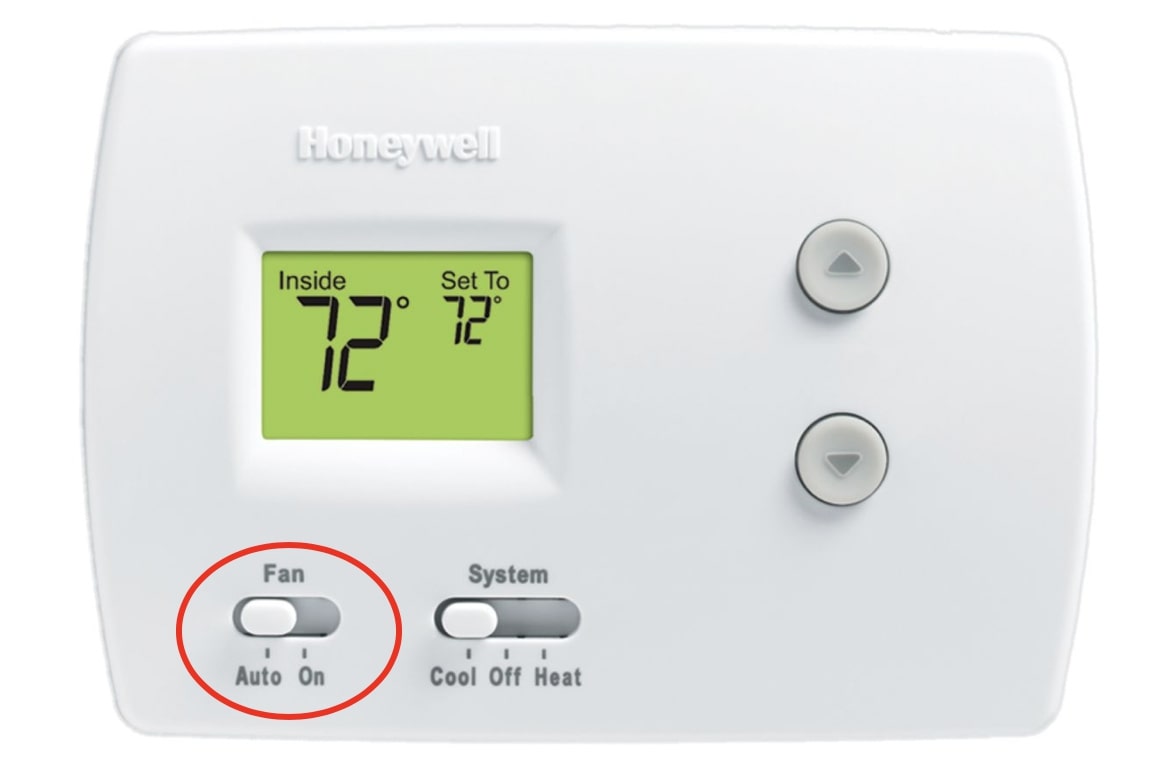
What Is The Recommended Setting For My AC When I Am Away From Home For An Extended Time?
If you’re going on vacation or away from your home for any extended period of time, don’t turn your air conditioner off. Instead, set the thermostat to a temperature below 85° Fahrenheit and make sure the thermostat fan is set to AUTO.
As your air conditioner is supposed to to two things: it should cool the air in your home, and it should strip the air of extra moisture.
If you turn your AC off completely or set your thermostat fan to ON while you’re away for vacation, humidity levels in your home will rise and can lead to mold and mildew growth as well as structural damage to your home.
Your AC unit has what’s called an evaporator coil. The evaporator coil sits inside the indoor air handler unit and is an A-shaped web of very cold refrigerant-filled coils, that absorb both heat and moisture from the air. Over time, moisture builds on those coils and drips away outside via the so called condensate drain line. The more moisture that exits the home via the condensate drain, the less indoor humidity your home will have.
When your thermostat fan is set to ON, the fan runs constantly, blowing the moisture on the evaporator coils right back into your home. Leaving the fan set to ON and the temperature at a low level may also cause a high energy bill.
Keep your fan set to AUTO, the fan only runs during cooling cycles, leaving the moisture on your evaporator coils time to drip off and drain away.
Leaving the AC set to a temperature below 85° Fahrenheit and the thermostat fan to AUTO enables your AC to run long enough to remove extra humidity in your home but not enough to make your energy bills skyrocket while you are away.
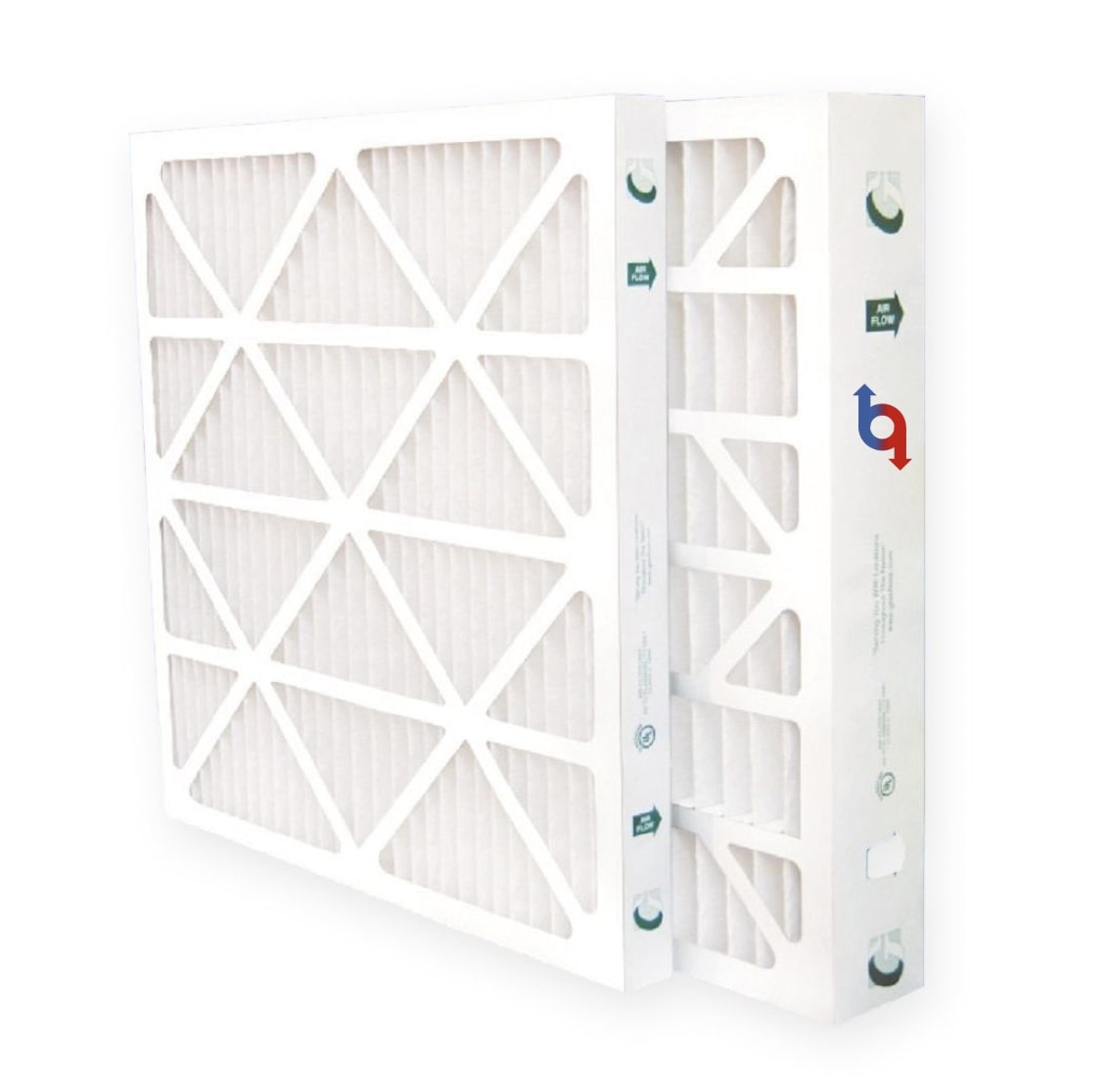
Why Dirty Filters May Kill Your AC
The air filter catches dirt which overtime becomes a barrier that blocks airflow. This results in less air coming out of the vents.
Due to the restricted airflow, the evaporator coil can frost over, resulting in even less air coming out the vents.
A frozen coil can lead to liquid refrigerant flowing back and break the compressor from the hydraulic pressure that is build up.
Alternatively, the evaporator coil gets covered in dust and other airborne particles that the filter is unable to catch. This will insulate the coil from the air, and reduce its efficiency even further.
The blocked airflow requires your air conditioner to run longer in order to achieve the desired temperature and cool your home. This leads to increased energy consumption and high utility bills.
We recommend check and replacing the air filter once a month during heavy cooling months and every three months during light cooling months.

Common AC Issues And Their Causes
Water Leaking from AC
Air conditioners can create a lot of water because they remove moisture from the air. To get rid of this, they have a drain pipe that comes out of the air handler. Over time, algae can block this pipe and, when it does, the AC won’t work. Some condensate drains have a float switch that won’t let the AC run if water backs-up. Water can also puddle around the unit or flood the area.
Water dripping or pooling at the base of the air handler indicates:
1) a leak from one of the plastic pipes or tubes that carry it,
2) something may be blocking the water’s flow, or
3) the condensate pump may not be working.
AC Running But Not Cooling
If the air conditioner is audibly running, but doesn’t cool:
- Something is blocking or limiting air flow in the system (air filters, registers)
- the refrigeration system (outdoor compressor) is not working right
- the thermostat is not working properly
- the belt that connects the air handler motor runs and the blower has broken
- the indoor evaporator coil may be dirty or frozen up
Ice in the Air Handler
If you see ice in the area around the coils, close the unit back up, turn the power back on, and turn on the fan. The ice should melt within an hour or two.
Three things can cause an AC air handler coil to freeze up:
- reduced air flow because of dirty filters, coils, or poorly working fans,
- a broken fan motor, and
- low refrigerant level, which a pro must check and, if necessary, recharge.
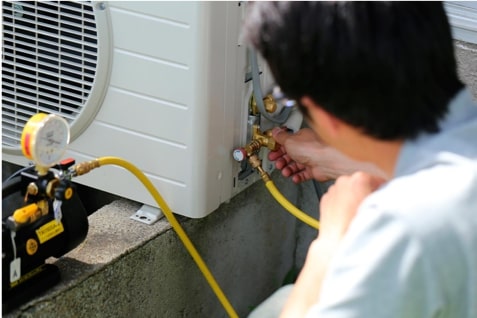
Why Does My AC Needs To Be Maintained And Serviced By A Professional?
Regular maintenance is not only required to increase your home’s comfort but also for the following reasons:
Prevent early breakdowns
A professional technician is able to identify small before they become pricey and serious problems, like i.e. refrigerant leaks, dirty coils, malfunctioning sensors, electronic control failure and thermostat issues before they cause your system to completely break down.
Regular maintenance saves you money on breakdown and repair costs. So you will be able to save money by regularly having your AC maintained instead of preventable and costly repairs.
Keep the Warranty valid
When air conditioners are installed by a professional, they come with a limited parts warranty from the manufacturer. This warranty usually covers the cost to replace any defective parts within 5 to 10 years.
Manufacturers know that if an AC hasn’t been regularly maintained, its parts will wear out and break down much faster than the warranty.
In order for the limited parts warranty from the manufacturer to be valid, most manufacturers will require proof that your air conditioner has periodically been serviced and maintained by a certified professional.
Extend the life of your AC
An annual AC check-up will extend the life of your AC by several years. Regularly and properly maintained ACs can last twice as long.
Without proper maintenance dust and dirt builds up on the inner components and makes your AC motors and components work harder than they need to. This wears them out faster and increases the likelihood of an early breakdown.
Since an air conditioner is an expensive home investment, you want to make sure you get your money’s worth out of your current AC.
Lower your energy bill.
Parts of the AC can and will become clogged and dirty over time. During a maintenance, these parts are cleaned.
When all of the components in your AC are clean and working properly, your air conditioning system operates more efficiently.
The more efficient your air conditioner works, the less energy it will consume because it doesn’t have to run as long or work as hard to provide the desired temperature.
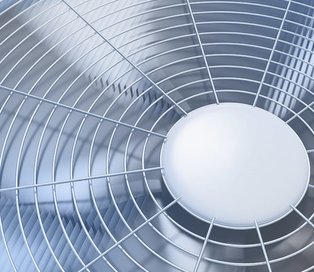
Ways to prevent an AC breakdown during this summer?
Clean the outdoor unit
Your AC acts like a sponge that absorbs heat from inside your home and dumps it to the outside air. In order to be able to properly disperse the heat the outdoor unit needs to be clean.
Remove any debris, leaves or dirt stuck on the inside or outside of the unit. You may do so by washing it with a garden hose but be careful not to blast it with water as this may damage the outside coils.
Open up all your supply vents
Your AC system and the placement as well as the distribution of the ducts was designed in a way that it will provide a certain amount of air flowing throughout your home.
If you close some vents, the pressure inside the ducts increases and will result issues like i.e. damage the evaporator coil from freezing, increase air ducts leaks, destruction of the compressor from liquid refrigerant flowing back.
Have your AC maintained by a professional
A professional technician will clean, tune-up and check your AC in order to identify small issues before they become pricey and serious problems, and save you money on breakdown and repair costs.
This helps to keeps the manufacturers warranty valid, extend the life of your AC, improve your comfort and lower your energy bill.
